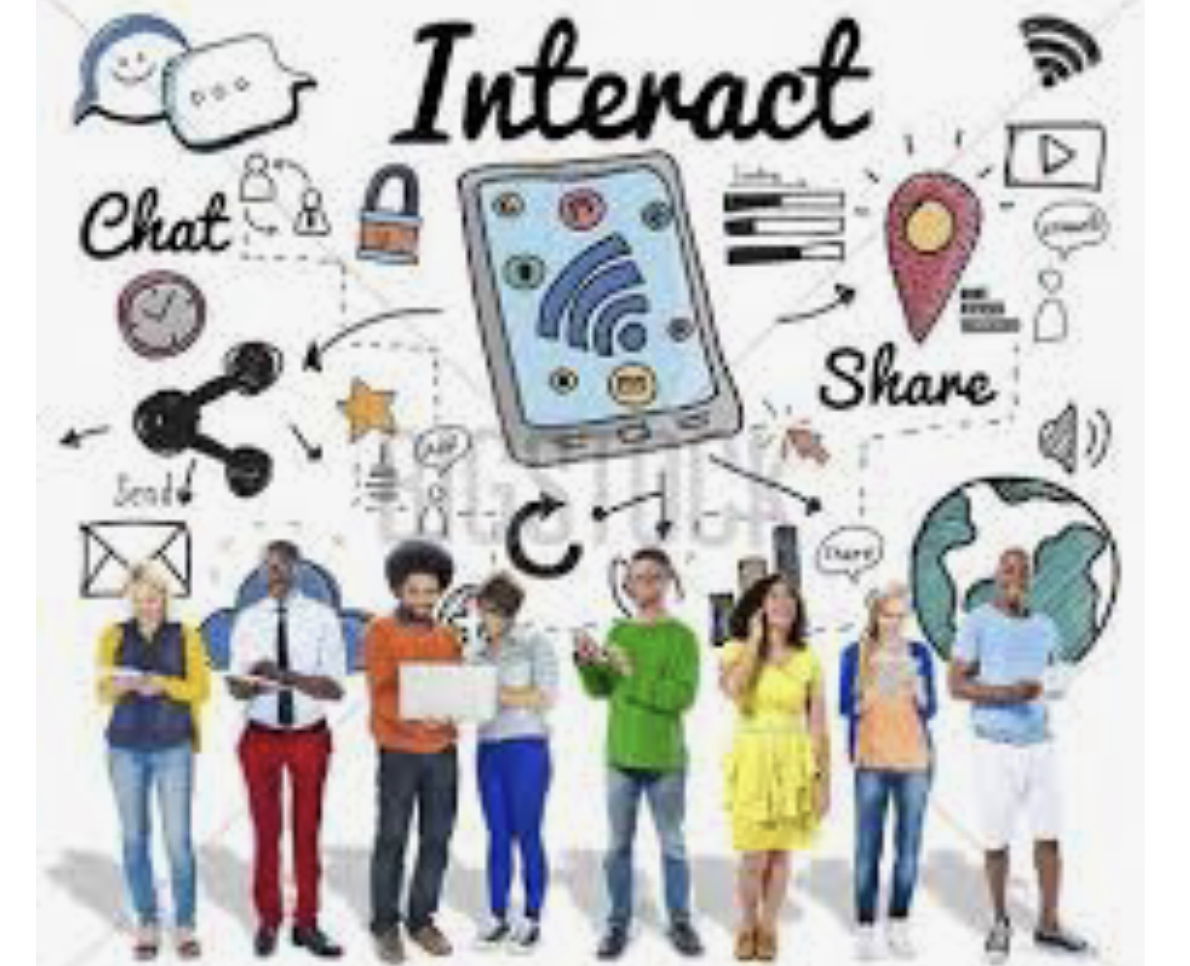Interesting interaction strategies with others


3 - 5- 2022
It's hard to adapt. Some of us aren't just natural conversationalists.
Interacting strategies
When we smile, our brain releases certain chemicals.
One of these chemicals are endorphins. Endorphins are responsible for feeling happy and reducing pain, anxiety and stress. Have you ever noticed that someone smiles when you smile at them?
What are you curious about, what are you talking about? Nothing at all?
Be curious, ask a question. In the example above, you might ask "Where are the two climbers?" Perhaps the best question to ask when stuck in a new conversation is, "Why do you like the history of rock climbing?"

We encourage young people to participate in group activities, from the May weekend and mid-June both primary and secondary school students can participate in social activities.
You may need to check with schools in your town or villages near you and make sure your children are healthy.
Self-help group for girls
A group of girls to increase self-esteem and confidence. Topics are positive and negative self-talk, respectful criticism versus alternative encouragement ideas and concepts... about overcoming challenges and making the right choice and decision, as well as raising self-esteem, creating a positive self-image and dealing with peer pressure.
A unique program for young people with social skills problems. Our step-by-step approach teaches real-world strategies through social opportunities for like-minded people. Topics include reading social cues, initiating and maintaining conversations, choosing the right friends, participating in problem-solving and sports activities, empowering future careers, and learning and dealing with responsibility. develop self-confidence.
A group of young people with or without an ADHD diagnosis to discuss challenges and develop coping skills to succeed. This interactive group explores strategies for focusing, organizing, and managing their time through a series of group discussions and physical challenges. Peer feedback enables young people to recognize their strengths.
Finally, all groups come together to discuss the program and create a plan for their future strategy. Then complete a trivia challenge to see how much the group learned from the program and how many participants learned from their activities.

Activities Without Boards





